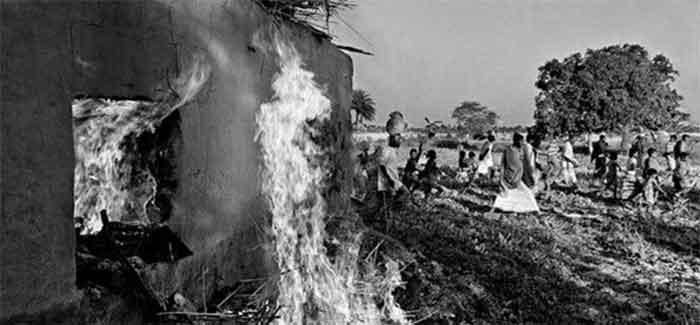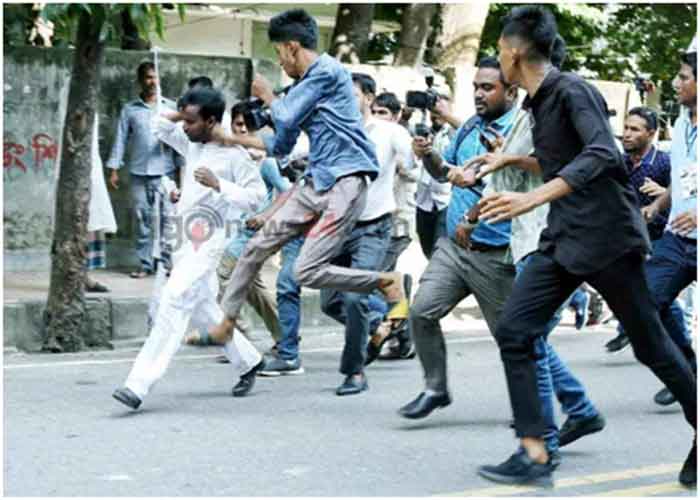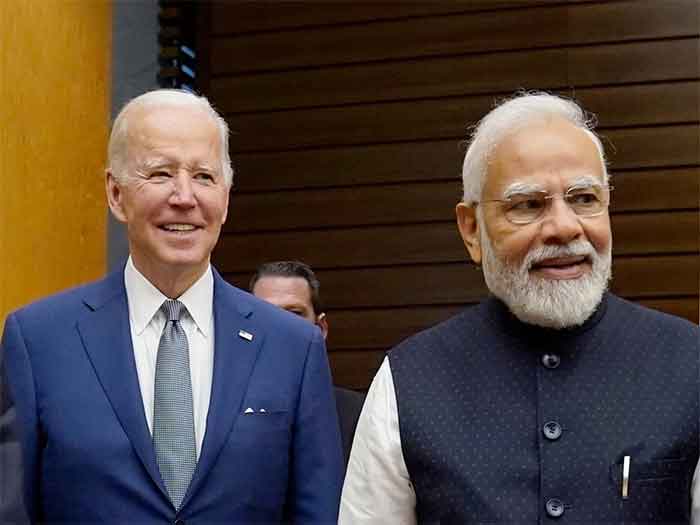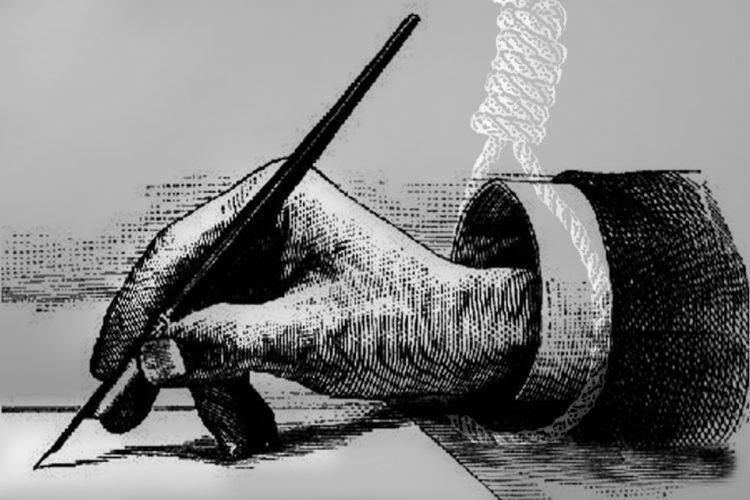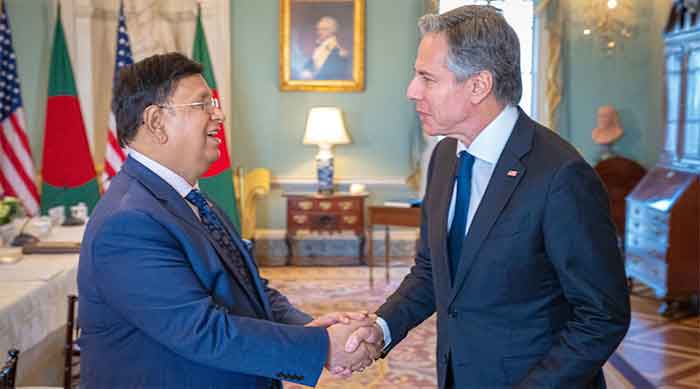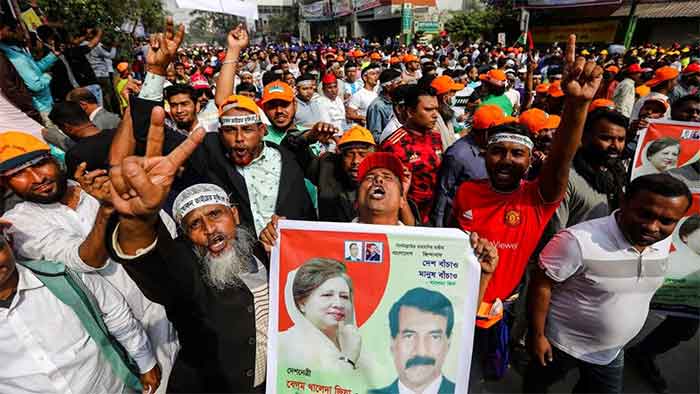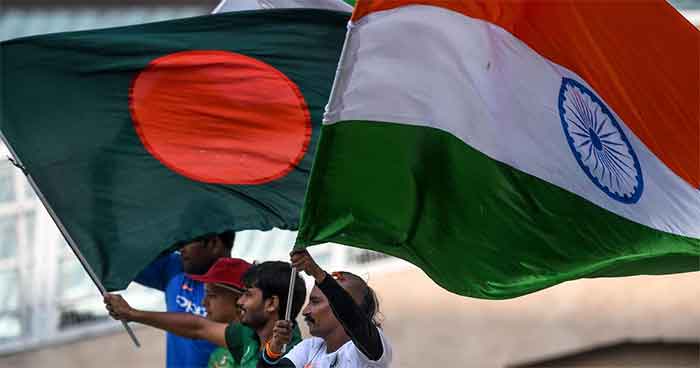
It is good that recently initiatives have been taken by both India and Bangladesh to repair damage and prepare the ground for again strengthening close relationship. The geographical conditions of the two countries are such that the case for close cooperation and working and planning together is really very obvious and strong.
These factors were strengthened by the unique and very important contribution that India made in the liberation of Bangladesh. While first and foremost we must salute the great courage of Mukti Bahini and other brave groups of freedom fighters who had liberated a big part of the rural areas in the middle of very hostile conditions, the courageous contribution of India also should not be underestimated as it had really appeared at one stage that India will have to confront the combined might of Pakistan, the USA and China as the latter two countries were fully supporting the Yahya Khan regime in its genocide. In fact in the declassified USA documents a letter written by Nixon to Yahya has come to light in which, writing at the peak of the genocide in August 1971, Nixon says that future generations who value peace will remember the contribution of Yahya to peace!
Unfortunately however both countries faced very adverse conditions soon after the great achievement of the liberation, culminating in the killing of Banglabandhu and many of his family members in August 1975. This led not just to military rule in Bangladesh but the strengthening of some of the same forces which had collaborated with Pakistan in brutal repression in some way or the other. The religious fundamentalist forces were strengthened and the secular fabric of the new nation was weakened.
It was only when Sheikh Hasina was first elected Prime Minister in 1996 that the first significant remedial steps were taken to improve relations with India and to undo a lot of damage which the collaboration of military with the fundamentalist forces had caused to the young nation.
However whenever these elements again became powerful , whether in the government or in opposition, they tried to harm relations of India and Bangladesh. On the other hand the communal, majoritarian elements in Indian politics who whipped up the issue of Bangladeshi infiltrators or illegal immigrants beyond all proportions to suit their narrow political ends caused a lot of hurt feelings in Bangladesh which can be understood by any sensitive person. In particular some statements of some powerful politicians in very recent times caused a lot of damage and in fact were equally embarrassing for sensitive persons and diplomats on the Indian side. One hopes that now when important steps in the direction of good relations have been taken such highly irresponsible statements will be entirely avoided in future.
Aside from this, however, there are important issues like those relating to river projects. Over the years the impacts of the Farakka Barrage Project on Bangladesh, in terms of creating several ecological and livelihood problems and worsening the problems of droughts and floods in different ways became an important issue. However this issue cannot be seen only in the context of the adverse impacts in Bangladesh as the impacts of this project in India have also been quite distressing, as can be seen in many parts of W.Bengal as well as Bihar. So this is not just a case of the interests of Bangladesh being harmed but of a very badly planned project which caused damage on both sides. Now we are left with the difficult, but not impossible, task of trying to undo this damage and in whatever we do we should give equal consideration to the interests of India as well as Bangladesh. As we attempt this , we will be reminded time and again that it is best to do careful planning initially keeping in view all aspects.
There is much that neighboring countries sharing rivers can learn from such experiences, particularly as in future there is likely to be a lot of discussion on sharing of river waters. This is often seen as a question of the resolving of differences of share of water of different countries. If two countries are able to agree on this then this is seen as a great achievement , and then projects can be hurriedly implemented in accordance with this sharing agreement. But the really most important questions of the actual impact on people, on environment and rivers do not get adequate attention. Learning from past mistakes, it is these aspects which should get the most importance in the context of any river projects. Not just the immediate but also the longer-term interests of the people and environment need to be considered and it is important to study what will be the real impact of the damming or blocking of any river on environment and people.
If there are a lot of unforeseen adverse impacts then these of course create problems for people, environment and various forms of life but ultimately these also affect relations of two countries adversely instead of improving them.
All these questions are relevant not only in the context of sharing of river waters but also in the context of facing up to the challenge of dam construction by China in the Tibet stretch of the Brahmaputra which is widely seen to be having adverse impacts on the downstream parts of India and Bangladesh.
Will India and Bangladesh evolve a common strategy on the basis of mutual consultation on this issue? This brings up the larger issue of increasing Chinese investments and economic/industrial/trade role of China in Bangladesh. China of course has enormous economic clout to make its presence felt rather heavily, but Bangladesh cannot easily forget that China had fully sided with Yahya Khan at the time of Bangladesh liberation struggle and later it became friendly with Bangladesh only after those involved in the assassination of Banglabandhu had become powerful in Bangladesh. The historical reasons are certainly in favor of much stronger ties with India, and both sides should work together carefully for this. Ultimately this can be strengthened best by encouraging people’s inter-actions and friendships at a much wider level.
Bharat Dogra is a journalist and author. His latest books include Man Over Machine and Planet in Peril.
GET COUNTERCURRENTS DAILY NEWSLETTER STRAIGHT TO YOUR INBOX

